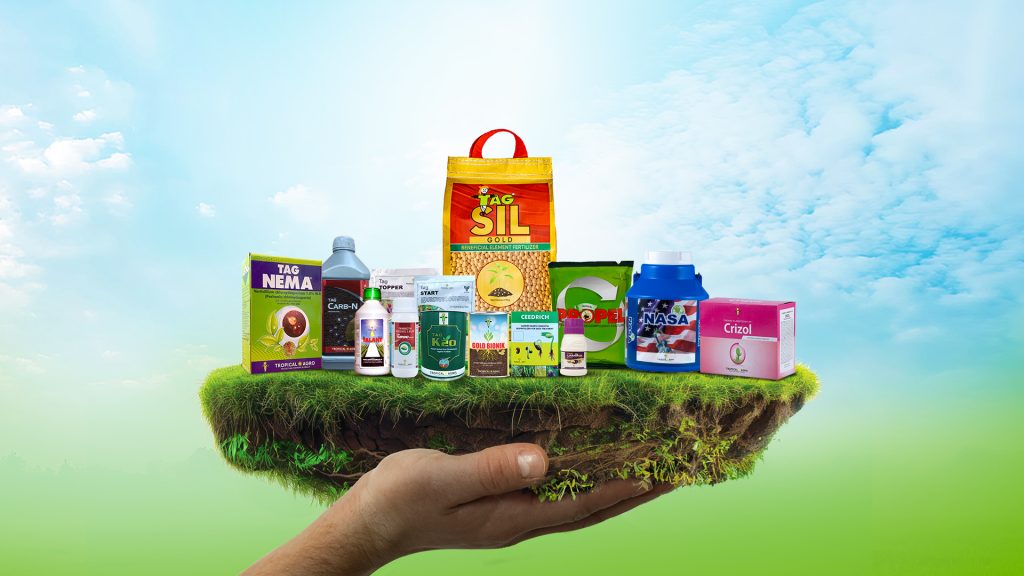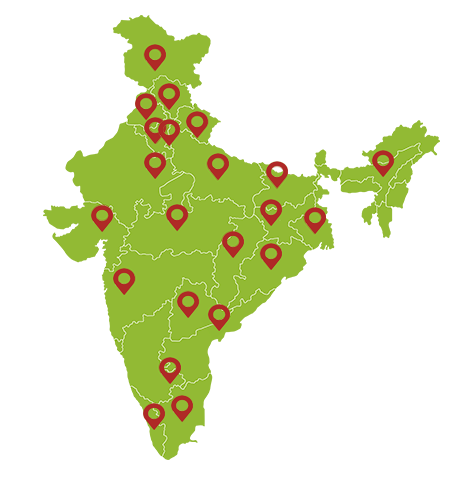As the global population nears 10 billion by 2050, agriculture faces an urgent challenge: increasing food production by 60% while combating environmental degradation, soil depletion, water scarcity, and climate change. Organic farming emerges as a pivotal solution, promoting sustainability, health, and food security. Beyond a method, it signifies a movement toward a greener and economically viable future.
India’s heavy reliance on chemical fertilizers and pesticides has degraded the environment, soil health, and human well-being. Organic farming, focusing on preserving soil ecosystems and biodiversity, minimizes chemical use, enhances soil fertility, and ensures sustainability for farmers and consumers alike. Research shows that organic farms host 30% more biodiversity compared to conventional fields, thanks to reduced pesticide use. Additionally, the COVID-19 pandemic has underscored the importance of safe, nutritious food for strong immunity.

Organic Farming: Transforming Indian Agriculture
India has 1.76 million hectares of organic farming land, with an additional 3.62 million hectares transitioning to organic practices (March 2024). Globally, India ranks fourth in certified organic farming area (IFOAM Statistics 2022), with Madhya Pradesh leading, followed by Maharashtra, Rajasthan, Gujarat, and Karnataka. India also ranks first in the number of organic farmers, boasting 4.43 million practitioners (Economic Survey 2022–2023).
Government programs like Paramparagat Krishi Vikas Yojana (PKVY), Mission Organic Value Chain Development for North East Region (MOVCD), and the National Project on Organic Farming (NPOF) are instrumental in fostering organic agriculture. Prime Minister Narendra Modi has stressed using biological resources to reduce reliance on costly imported chemicals, aligning with sustainable farming goals.
Despite challenges like awareness gaps, certification costs, and initial yield reductions, organic farming presents immense opportunities as demand for organic produce surges domestically and globally.
Tropical Agro: Driving India’s Organic Revolution
Tropical Agrosystem (India) Pvt. Ltd., a pioneer in biological solutions since 2011, has revolutionized organic farming in India. With the largest portfolio of biological products and a leading market share, the company has witnessed a 20% increase in demand for organic and biological products. The company has been driving organic revolution through –
Innovative Organic Solutions
Tropical Agro offers a comprehensive range of products—from seed treatments to post-harvest care—that support residue-free farming.

Empowering Farmers
Through training, field demonstrations, and Bollywood-style films like “Jiyo Aur Jeene Do” and “Jai Jawan Jai Jaivik Kissan”, Tropical Agro builds farmer confidence and encourages sustainable practices.
Environmental and Economic Benefits
By reducing chemical use, Tropical Agro protects soil and water, enabling farmers to produce premium crops that command higher prices, ensuring both profitability and sustainability.
The Future of Organic Farming in India
- Economic Growth: Organic farming opens high-value markets, driving substantial growth for businesses and farmers.
- Job Creation: The organic value chain generates employment in production, processing, and distribution, especially in rural areas.
- Public Health: Organic produce, free from harmful chemicals, fosters better health and lowers disease risks.
- Environmental Sustainability: By enhancing soil health, promoting biodiversity, and reducing water contamination, organic farming secures long-term ecological balance.
Building a Sustainable Future
Tropical Agro’s innovative solutions have revolutionized farming, delivering higher yields and healthier crops. However, nationwide transformation requires strong government support, consistent policies, tax incentives, and carbon credit systems.
Organic farming is not just an option but the key to securing food security, environmental sustainability, and prosperity. Together, let us embrace organic farming for a greener, healthier future.




